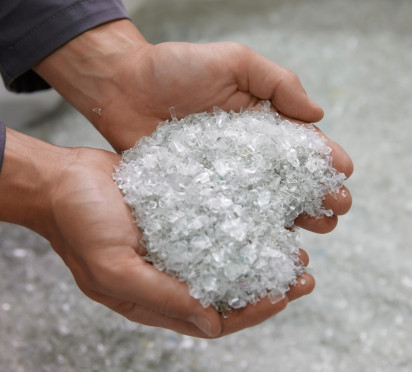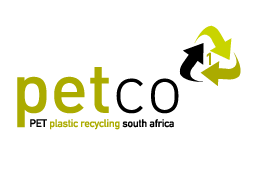Recycling

Sub-Saharan Africa
Committed to enabling sustainable recycling
At ALPLA, we are committed to recycling not only in terms of the products we make but also in terms of the packaging and production materials we use. Internally we endeavour to minimise our waste by recycling where possible without compromising quality or acting against customer requirements. Through the acquisition of Boxmore Packaging, a founding member of PETCO (the South African PET industry-funded organisation to promote recycling), we are proud to have come together with an active and encouraging team in regards to the recycling of PET and involvement in POLYCO, the newly-formed Polyolefin (HDPE and PP) equivalent.
We support recycling by designing products that are easily recycled and are committed to recycling not only in terms of the products we make but also in terms of the packaging and production materials we use. Internally we endeavour to minimise our waste by recycling where possible without compromising quality or acting against customer requirements.
As the recycling process helps create employment, adds to domestic economic growth and reduces our reliance on virgin materials, we believe in creating and supporting a “virtuous value circle” which enables sustainable recycling by:
- Supporting collection and recycling
- Enabling recycling through better product design and education
- Growing demand for recycled products by developing new applications
To demonstrate our commitment to recycling, we make a voluntary contribution to either PETCO or POLYCO for every ton of resin sold in South Africa. What’s important is that for every ton of PET resin recycled, 1.5 tons of carbon emission are saved.


Recycling of PET
A plastic widely used in the manufacture of water and soft drink bottles, PET is a sophisticated polymer that, after being used as packaging, can be recycled into a multitude of new products ranging from insulation to fibre fill for duvets to food grade packaging. As a result, it is one of the most sought-after “waste” products.
The recycling process helps with the creation of employment, adds to domestic economic growth, reduces our reliance on virgin PET and diverts hundreds of thousands of bottles destined for landfill. Polyolefins like High-Density Polyethylene and Polypropylene are also easily recycled and we endeavour to ensure that we recycle both internally and assist recycling organisations to enable sustainable recycling.
PET is either recycled through mechanical recycling or de-polymerisation. During mechanical recycling, bottles or preforms are shredded into flakes which once washed and processed, are ready to be used or blended with virgin polymer for use in other applications. The de-polymerisation process breaks up the polymer molecule and then added back to the polymerisation process to create an end-product comparable to virgin resin. Currently, the main outlet for the recycled PET is the fibre market but other applications include strapping, sheeting and building material. It can also be used in the making of polar fleece.
Sustainability and Recycling at the ALPLA Group
Click here to learn more about ALPLA´s stance on Recycling and Sustainability.
